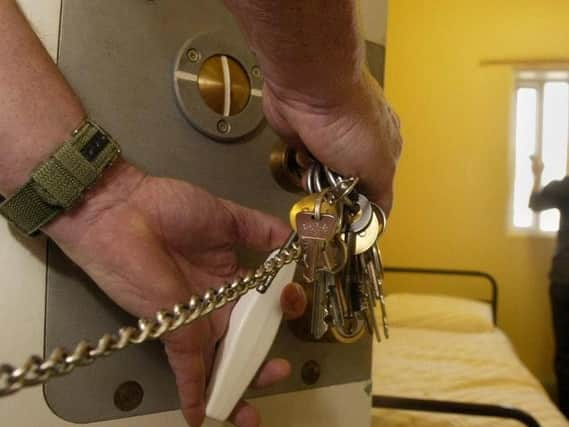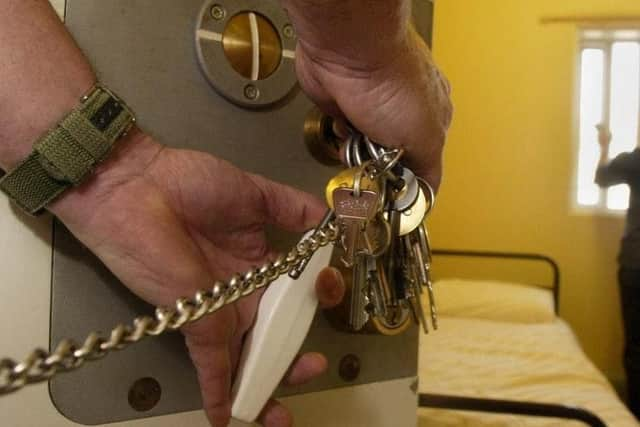Rule breakers at HMP Bullingdon locked in cells for more than a thousand days over just three months, figures show


The Howard League for Penal Reform say punishing inmates with confinement contributes to worsening conditions in prison.
Bullingdon inmates committed 790 proven offences between July and September, of which 184 resulted in the culprit being confined to a cell.
Advertisement
Hide AdAdvertisement
Hide AdThe offending prisoners received 1,297 days of confinement - the equivalent of more than three years between them.


HM Prison and Probation Service guidance states that adult prisoners can be confined to their cells for up to 21 days for a single offence, with young offenders getting up to 10 days.
Prisoners at Bullingdon were most likely to be confined in their cells for non-violent offences, with 161 incidents over the three-month period.
Of these, 64 were for disobeying a direct order or breaking prison rules, for which the offenders spent a total of 447 days locked in their cells.
Advertisement
Hide AdAdvertisement
Hide AdDrugs were involved in 30 incidents, earning the offenders a total of 230 days, while a further 19 inmates received 155 days in confinement for possession of unauthorised items, which could be anything from weapons to mobile phones.
Long periods of cell confinement can cause the mental and physical health of prisoners to deteriorate, according to HM Inspectorate of Prisons.
In a 2017 report, the Inspectorate said it was also concerned that many inmates were spending up to 22 hours in “unpleasant” cells, worsening the impact of extended confinement.
Offenders can be sent to a designated segregation unit, but are often locked up in their own cells.
Advertisement
Hide AdAdvertisement
Hide AdHoward League chief executive Frances Crook said: “Prisoners punished with confinement will have their things taken away and are locked up with no stimulation.
“If there are cellmates involved, that creates a lot of resentment and tension, since taking away things like TVs and radios effectively punishes them as well.”
The Howard League said it recognises that sanctioning rule breakers is necessary, but said an incentive and praise-focused system would be more effective.
Ms Crook added: "Justice is not a synonym for punishment.
“Prisons should be trying to create hope for the future, rather than trying to punish their way out of problems.”
Advertisement
Hide AdAdvertisement
Hide AdAn HM Prison Service spokesperson said: “It is right that governors who know their prisons best have the freedom to decide how to deal with those who break the rules.
“We are reviewing the existing disciplinary processes as part of our wider programme of prison reform.”
Across England and Wales, nearly 7,000 incidents over the three month period resulted in almost 50,000 days of confinement - the equivalent of 130 years locked up.